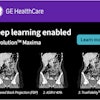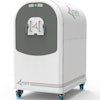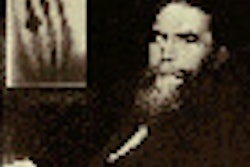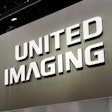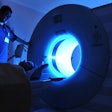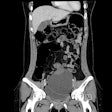Dear AuntMinnieEurope Member,
Learn more about PET/MRI and PET/CT -- that's the unequivocal advice of Dr. Yves Menu. He's convinced the future will be all about hybrid systems, and the Parisian motorbiking enthusiast thinks everybody should get up to speed with the new scanners. He also has some comments about 1.5-tesla versus 3-tesla MRI. To read more, go to our Molecular Imaging Digital Community, or click here.
Attendance at the RSNA congress in Chicago has risen steadily for many years, but now the upward trend has gone sharply into reverse. Preliminary figures show the total number of delegates at last week's meeting was below 53,000, which is 9% lower than last year's figure. Some of the fall may be due to the struggling U.S. radiology industry, but another factor was RSNA's policy change that imposed registration fees on some attendees who previously were allowed in as guests. Get the story here.
At RSNA 2012, German researchers presented important information about high altitude cerebral edema (HACE), a severe and often fatal condition that can affect mountain climbers, hikers, and skiers. For several years, microhemorrhages or microbleeds are visible in the brains of HACE survivors. Visit our MRI Digital Community, or click here.
During the same congress, a Norwegian group presented a study that compared conventional chest radiography to 320-detector-row CT using advanced iterative reconstruction. The team found no advantages to chest radiography outside the realm of cost, and noted that the switch to CT would have happened long ago were it not for radiography's far lower dose profile. Go to our Digital X-Ray Community, or click here.
The cost-effectiveness of colorectal cancer screening is coming under growing scrutiny, so new data from the Dutch population-based screening trial look certain to attract considerable attention. Learn more in our CT Digital Community, or by clicking here.
Finally, if you haven't downloaded the European Society of Radiology's free history book, you don't know what you're missing. Click here to find out more.


